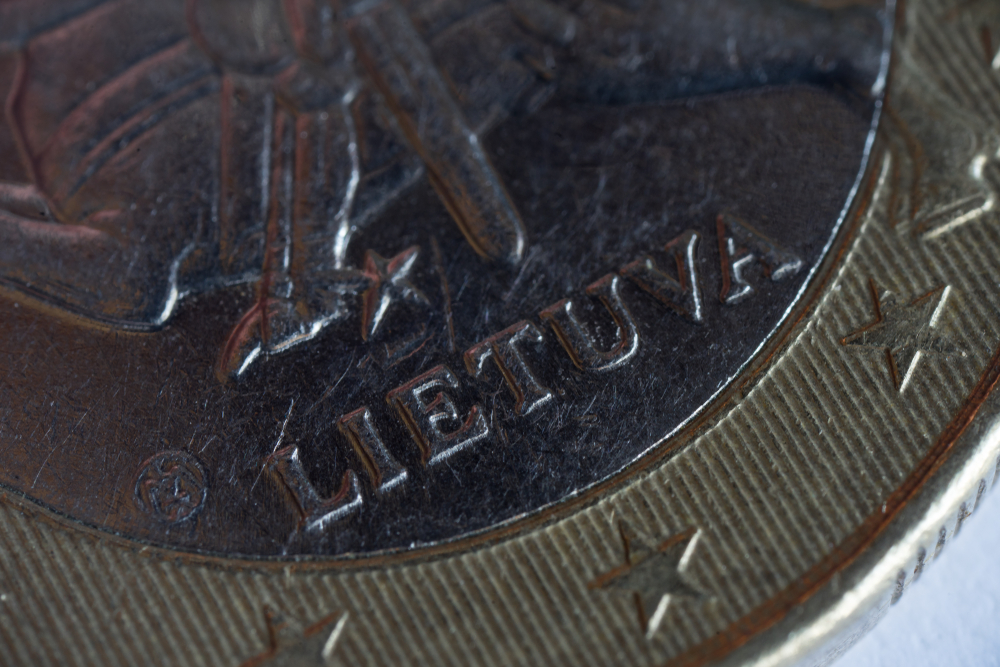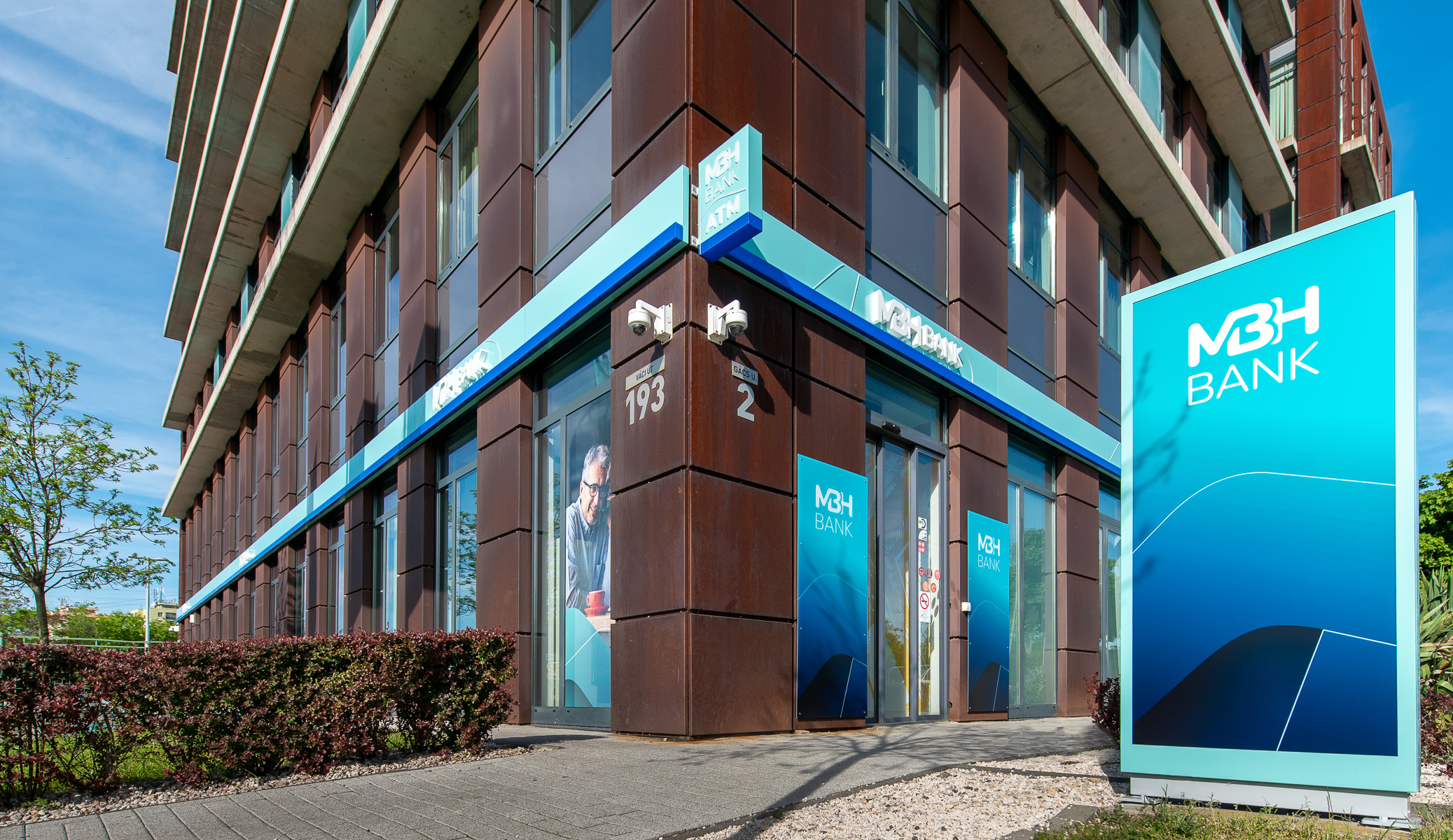Hungarian SMEs Gain Ground in Public Procurement Amid Market Shifts

László Kovács, President of the Public Procurement Authority.
In 2023, successful Hungarian public procurement deals were worth nearly HUF 3 trillion. The competitive landscape intensified as, on average, 7.6 bids were received per tender. The share of the total attributed to small- and medium-sized enterprises increased by 8% compared to the previous year: HUF 58 out of every HUF 100 was allocated to the SME sector.
The Public Procurement Authority released its rapid report for 2023, detailing the primary indicators and trends shaping the market last year. According to the data, 7,964 successful public procurement procedures were completed, a nominal change that saw only a 0.9% increase over the 2022 figures. The final total value of successful public procurements amounted to HUF 2.869 tln, approximately two-thirds of the value recorded in 2022.
The distribution of public procurement tenders by object remained similar to the previous year. The majority, 2,918 procedures, were related to construction investments, accounting for 36.7% of the total. Deals procuring goods numbered 2,814 (35.3%), while service orders constituted the remaining 28% or 2,232 procedures.
Significant changes were observed in the distribution of the total value of public procurements by object compared to previous years. While the value of goods procurements in 2023 doubled to a 41.1% share of the prior year, the total value of construction investments, which previously held the largest share, constituted less than one-third (31.7%) of the total value.
“The overall value of the public procurement market decreased in 2023, primarily due to the decline in the value of construction investments. Despite this, we can report positive trends in the realm of domestic public procurements,” highlights László Kovács, president of the Public Procurement Authority.
“On one hand, the SME sector’s market presence has significantly increased: out of every 100 successfully conducted procedures in 2023, 80 were won by SMEs, with HUF 58 out of every 100 spent in public procurements going to SMEs,” he notes.
Strict Supervision
“This is an eight percentage point increase over the figure measured a year earlier. On the other hand, the numbers also support the authority’s increasingly strict, consistent, and intensive supervisory work: last year saw a record number of 27,316 announcements, leading to 28,441 requests for rectification. A notable achievement was the stabilization of the number of negotiated procedures without announcement at a low level,” Kovács says.
The Public Procurement Authority publishes several indicators in its reports characterizing the intensity of competition. One such metric is the trend of single-bid public procurements. The proportion of single-bid contracts in public procurements conducted under EU procedures decreased compared to the previous year while their value increased. In Hungarian procedures, aligning with the trend of the past five years, the proportion of single-bid contracts, both in terms of number and value, also continued to decrease.
“The moderate decrease in the number of single-bid procedures and the recent increase in their value proportion could be attributed to the concentration in the global energy market and the consequent narrowing of procurement sources,” Kovács says.
Another measure of the competitive situation is the development of negotiated procedures without publication (NWP). The number and value proportion of completed NWPs in 2022 remained virtually unchanged in 2023, meaning that the proportion remained low in both EU and national procedures. The proportion of NWPs has been below the 5% threshold set by the European Commission for many years.
“Last year, on average, 7.6 bids were received per procurement procedure, allowing for the selection of the best out of approximately eight bids. This value exceeds the past five-year average of 6.6 bids per procedure, indicating a strengthening of the competitive situation in the public procurement market,” Kovács notes.
The proportion of public procurements incorporating environmental and social criteria in the national procedure significantly increased in 2023 compared to the previous three years, signaling that those placing the tenders are paying greater attention to applying sustainability criteria in domestic public procurements.
Sustainability Criteria
The Public Procurement Authority continues to push for sustainability criteria to be increasingly observed in public procurements, contributing to the reinforcement of environmental protection, climate defense, and economic and social sustainability.
Discussing the authority’s oversight efforts, the president highlighted that, last year, a significant number of notices were issued (28,441, to be exact). This figure represents a record in the PPA’s efforts to address discrepancies and ensure adherence to regulations.
In alignment with its predefined annual audit strategy, the authority conducted 100 checks to assess the legality of public contract executions. The audits were distributed across various sectors, with 46% targeting construction projects, indicating a focus on one of the most substantial areas of public expenditure.
Goods procurement was the subject of 29% of the audits, reflecting attention to the quality and compliance of physical products procured through public funds. Services procurement accounted for the remaining 25%, showcasing the PPA’s comprehensive approach to monitoring the broad spectrum of public contracts.
“Last year, the number of legal remedies initiated by the authority decreased; conversely, more procedures were initiated by economic actors, indicating the intensity of market competition,” Kovács says.
Overall, the number of legal remedies last year increased by 12% to 598, while the total amount of fines imposed decreased from HUF 734 million in 2022 to HUF 630 mln.
This article was first published in the Budapest Business Journal print issue of February 23, 2024.
SUPPORT THE BUDAPEST BUSINESS JOURNAL
Producing journalism that is worthy of the name is a costly business. For 27 years, the publishers, editors and reporters of the Budapest Business Journal have striven to bring you business news that works, information that you can trust, that is factual, accurate and presented without fear or favor.
Newspaper organizations across the globe have struggled to find a business model that allows them to continue to excel, without compromising their ability to perform. Most recently, some have experimented with the idea of involving their most important stakeholders, their readers.
We would like to offer that same opportunity to our readers. We would like to invite you to help us deliver the quality business journalism you require. Hit our Support the BBJ button and you can choose the how much and how often you send us your contributions.











